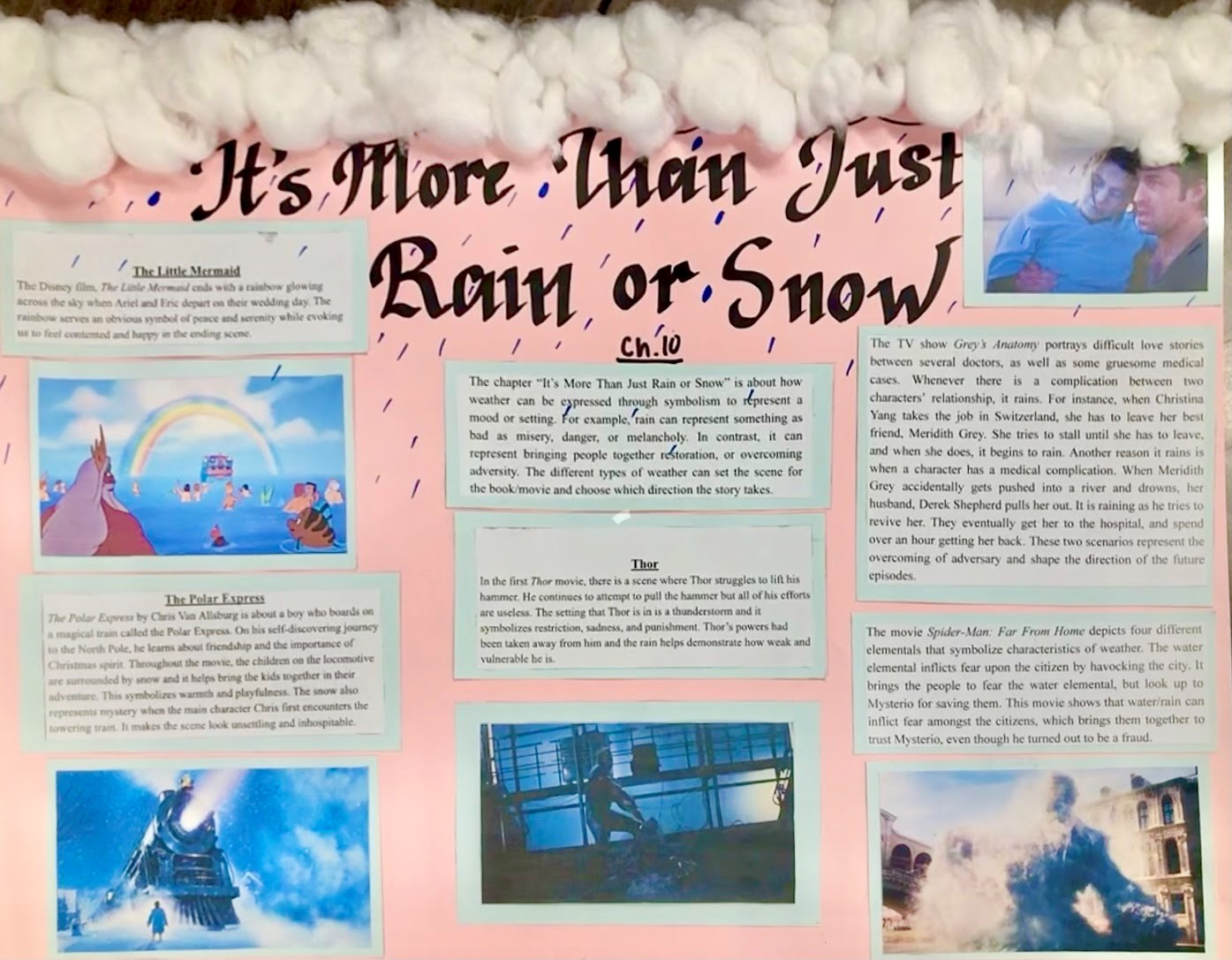Have you ever been a part of a group project that you dreaded because that certain somebody wouldn’t do their part? Group projects are designed for students to learn how to work collaboratively, but they’ve also been a source of friction since the beginning of time. From simple in-class partner assignments to big group finals, students often find themselves in the midst of a collective assignment that requires a group effort to get the job done.
Without a doubt, these projects are not the hottest assignments among most, because of the difficult people they must work with. Each person typically takes over a specific title, but this can be an issue due to the fact that each role consists of different difficulty levels and quantities of mandated work. Some students may take the easy way out to do as little work as possible, while others are assigned with loads of unreasonable tasks to fulfill. Those who slack off may jeopardize the overall grade that everyone receives, which can result in internal conflicts for those who worked hard. On top of this matter, everyone may have a different idea of how they envision the final product. Obstinate members make it impossible to find a solution to combine everyone’s views into one because they are unwilling to sacrifice their proposal.
Despite all the “ugly” that accompanies group efforts, there are actually several benefits that students can gain from this challenge. For starters, group projects may be an eye-opening experience that helps high school students learn about accountability. Unfortunately, not everyone will do their fair share of work, which prompts other members to take over because of the letter grade that will affect their GPA. Yet, participating in group projects will help students understand the importance of attaining their part in order to be successful outside of school. Another advantage would be learning to take over different roles. By facing the challenges of working as a leader or a follower, students are able to explore the different aspects that they may thrive in. Lastly, members can learn more from working with others. Sharing ideas can lead to learning something one never knew before, helping to expand knowledge with the information that others provide. This in turn, can result in a better final project than what one would have accomplished themself.
Diamond Bar High School student Keolani Rice, says via FaceTime, “Group projects helped me develop an open mind to people and their ideas that I would’ve never thought of if I was working alone.” A positive mindset of sacrificing activities on the side to work together is key, as sharing ideas is how the work will get done. In the long run, skills and mindsets acquired by those who cooperate in these projects will thrive in other aspects of their life.

